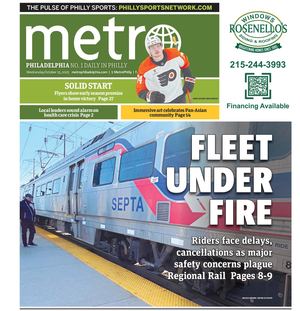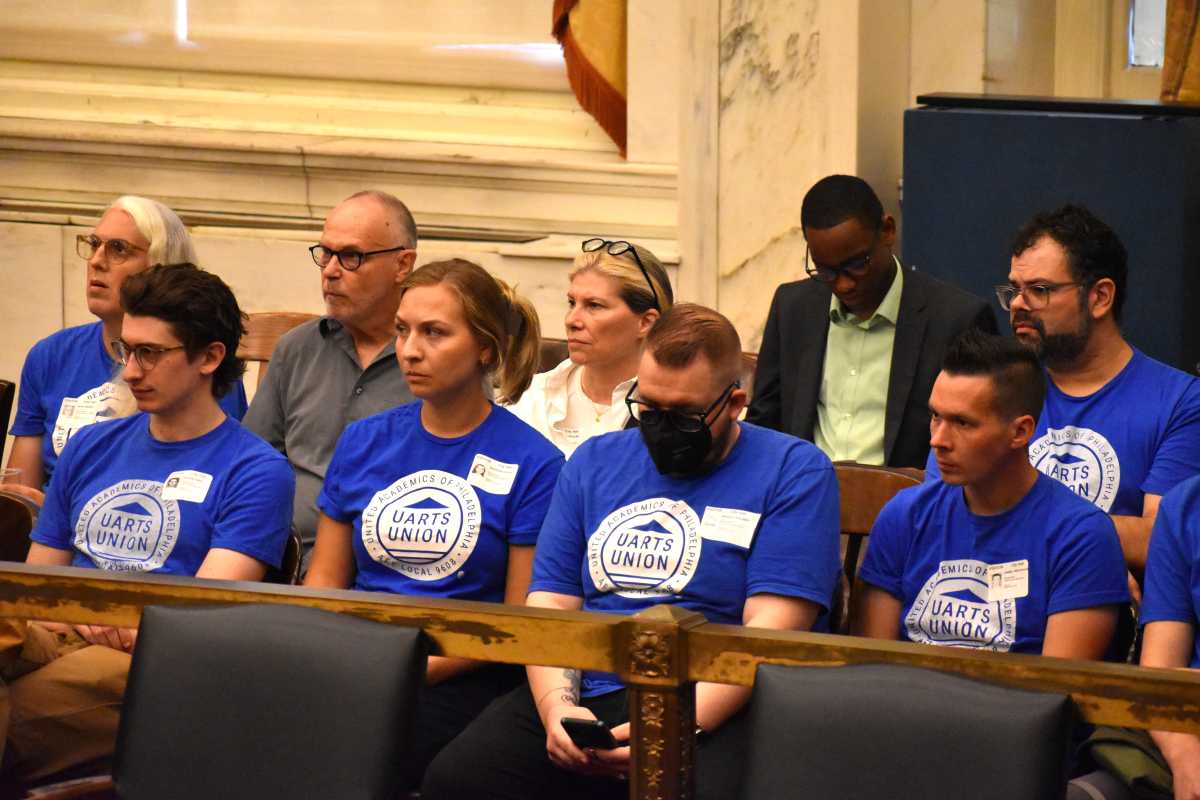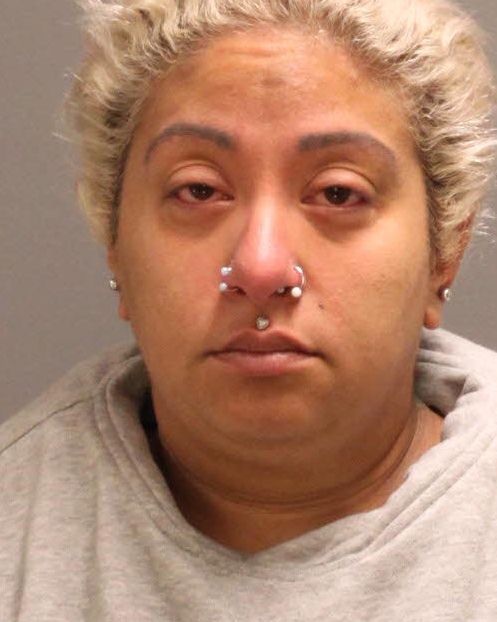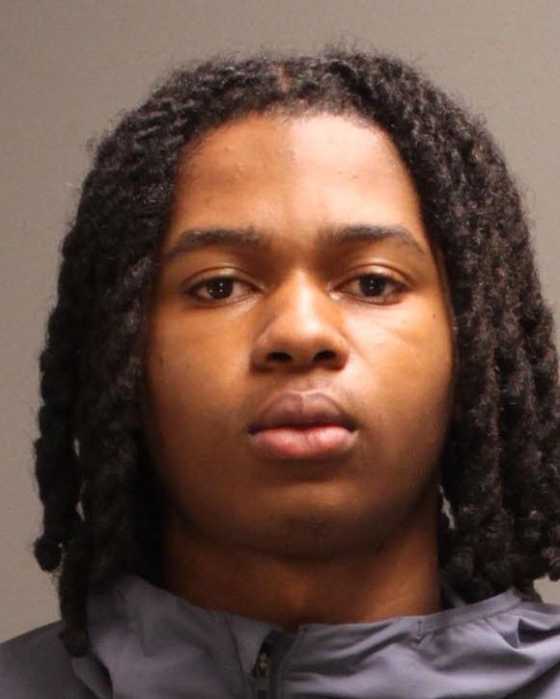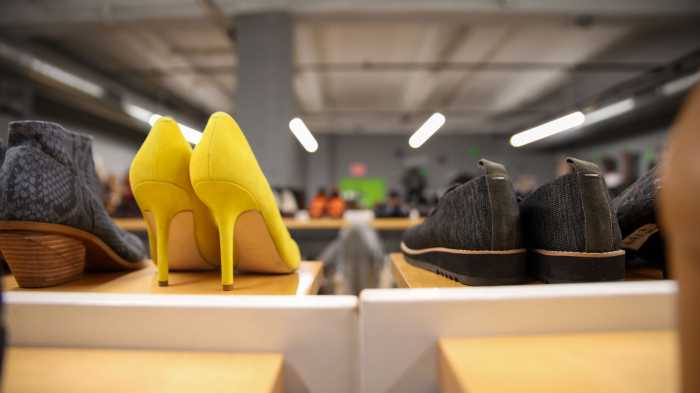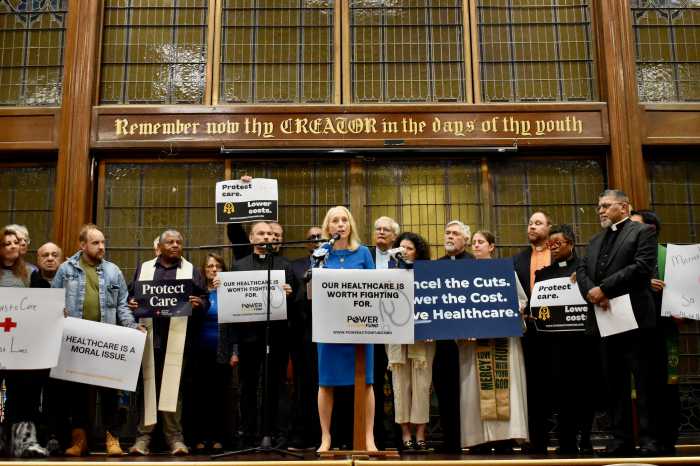More than two months after the University of the Arts’ abrupt closure, former students, faculty and staff told a City Council committee Thursday that they have received few answers about what prompted the school’s decision.
Lawmakers also expressed concerns about the fate of the university’s Center City properties and indicated a willingness to become more involved with other local institutions to prevent such a situation from happening again.
UArts leaders shuttered the college June 7 – with a week’s notice – after saying the school could not cover “significant, unanticipated expenses.” The exact nature of those costs has not been made clear.
A Philadelphia Magazine article, published online on the same day as the Council hearing, shed some light on UArts’ financial difficulties; however, it did not pinpoint the cause of the sudden shutdown.
The Pennsylvania Attorney General’s Office is investigating the reasons behind the closure and the potential sale of assets, a spokesperson told Metro.
“Talk of malfeasance and criminality at UArts continues to surface in the void of actionable information,” alumnus David Timony told lawmakers.
More details could come from an ongoing federal class-action lawsuit filed by former employees.
Bradley Philbert, vice president of the United Academics of Philadelphia union and a former UArts adjunct professor, said evidence shows that concerns about fiscal difficulties arose at least as far back as last fall.
“A cabal of high-level administrators created this catastrophe over months and years,” he added. “They now rely on silence and obfuscation to escape justice, but they must be held accountable.”
The hearing included discussions about the future, including the possibility of a new school, a merger with Temple University or another area college, or the creation of an arts hub on the former campus.
“To me, these buildings always have to be University of the Arts buildings, no matter if it’s merged with anybody,” said Councilmember Mark Squilla, whose legislation called for the summer meeting. “It has to be part of the arts cultural hub in Philadelphia.”
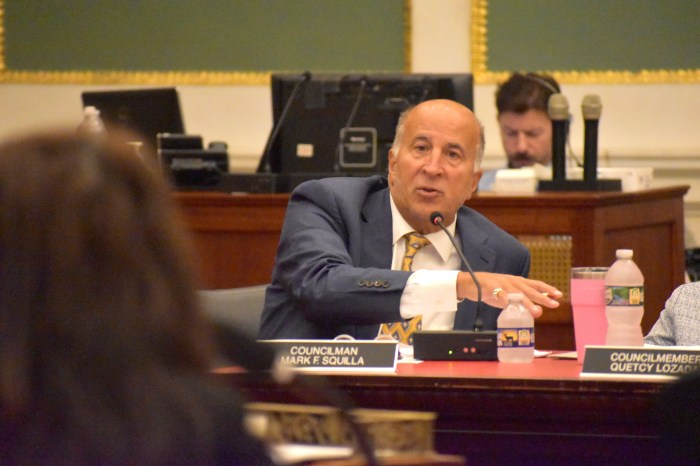
City Finance Director Rob Dubow told lawmakers that Mayor Cherelle Parker’s administration would be open to talks about how the city could facilitate a real estate transaction meeting those goals. But he made no specific commitment.
Councilmember Anthony Phillips suggested regular meetings with local colleges to gauge their financial status, and his colleague, Nina Ahmad, said the city should have a presence on the boards of institutions so the government is aware of potential crises.
“This is a wake-up call for us,” Ahmad said.
Students said the transfer process was far from seamless and that staff from other schools were more helpful than anyone still working in the UArts administration.
Brynn Smith learned of the university’s closure while on a trip to Disney World. She needs only a semester’s worth of credits to graduate.
“I have spent this entire summer sending and receiving what feels like hundreds of emails to different people involved with different programs and schools,” Smith testified.
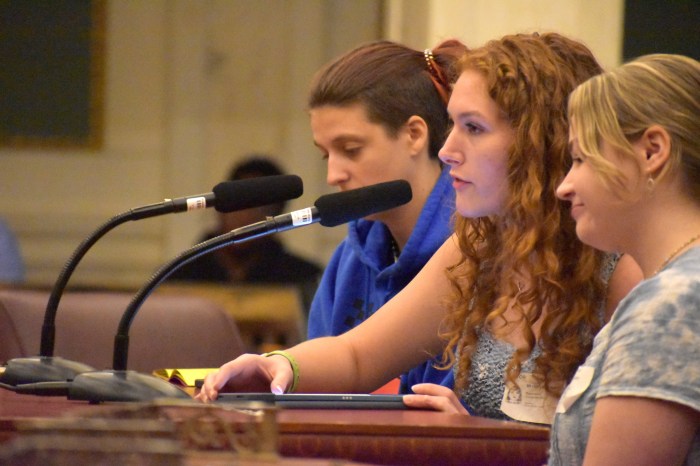
About a year ago, Christine Mattei, a single mother, moved from Los Angeles to teach music at UArts. Now, she’s unemployed and struggling.
“I am sleeping on my couch as a grown woman and renting a room,” Mattei said.
Others discussed the ripple effects the closure has had on the broader arts community. Pig Iron Theatre Company partnered with UArts for its innovative graduate program and now faces an “existential threat” as leaders search for other options, Jasmine Jiang, the group’s managing director, said.
“Already we have seen brilliant artists and educators, formerly employed by UArts, forced to take their families and their talents out of this city,” Jiang told Council.
